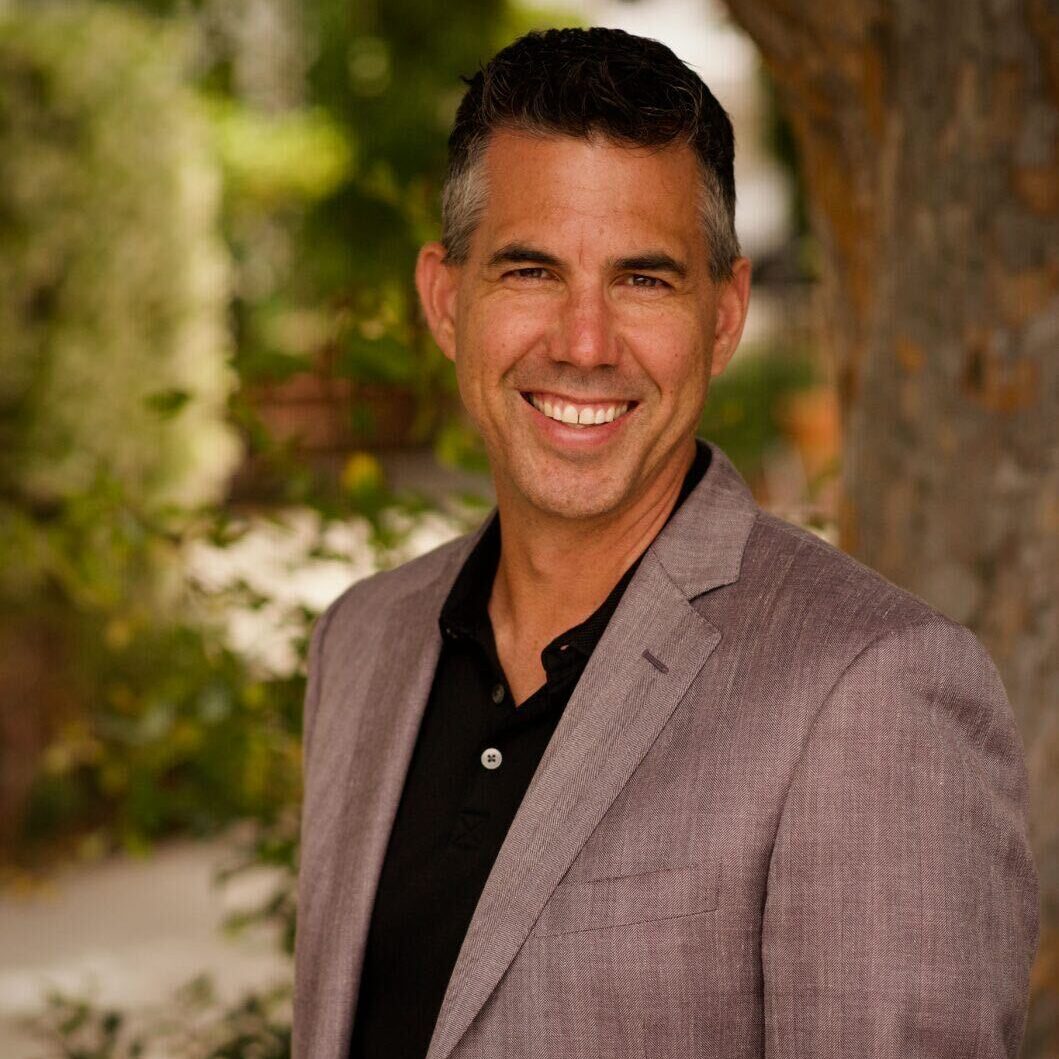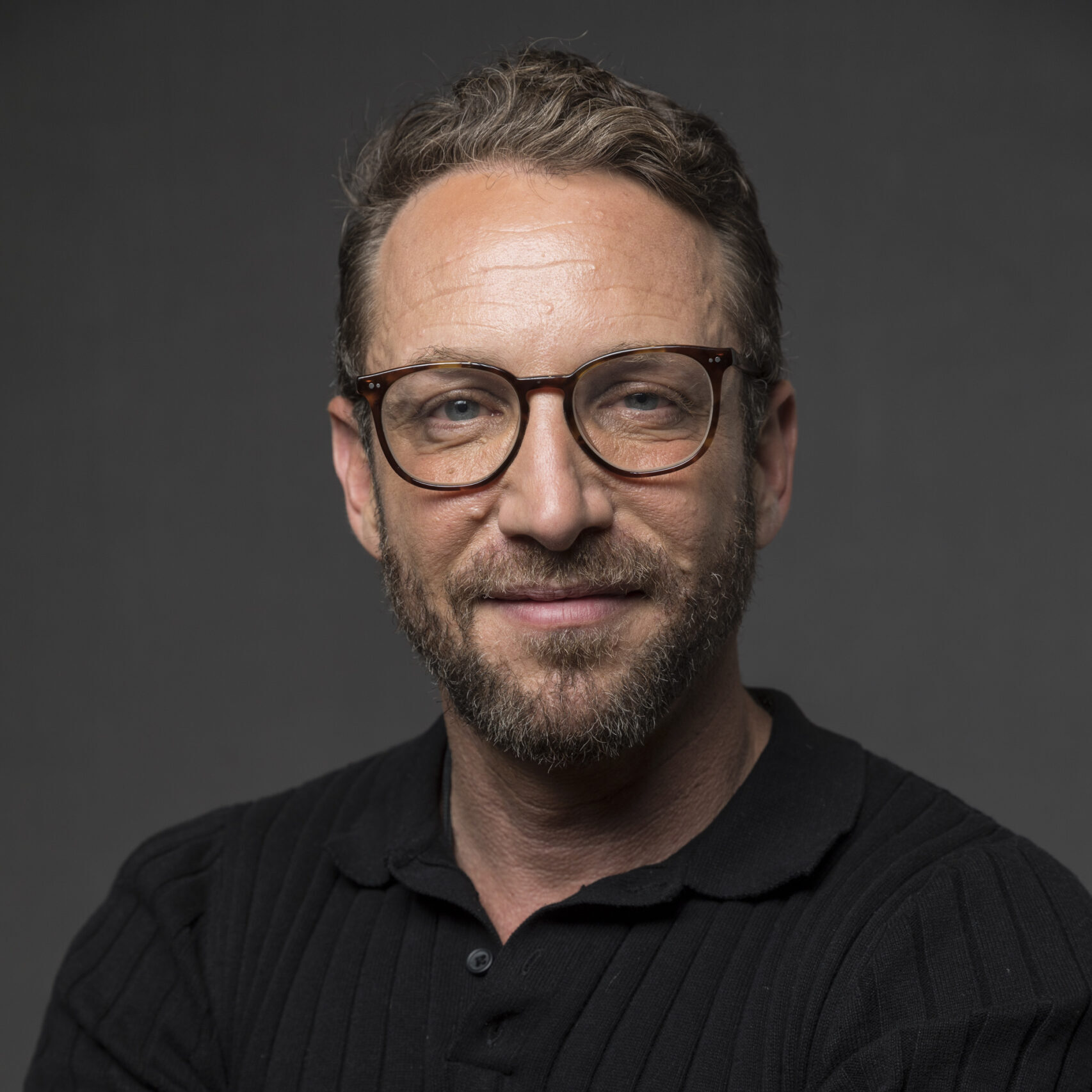Sign up for weekly new releases, exclusive access to live debates, and Open to Debate’s educational newsletters.
- Debates
Features
Topics
Upcoming debates
-
-
0 seconds of 50 minutes, 50 secondsVolume 90%Press shift question mark to access a list of keyboard shortcutsKeyboard ShortcutsShortcuts Open/Close/ or ?Play/PauseSPACEIncrease Volume↑Decrease Volume↓Seek Forward→Seek Backward←Captions On/OffcFullscreen/Exit FullscreenfMute/UnmutemDecrease Caption Size-Increase Caption Size+ or =Seek %0-9Live00:0050:5050:50
-
As an Associate Justice on the Supreme Court for almost three decades, Stephen Breyer was no stranger to hearing arguments for cases, whether landmark, federal, or otherwise, that reached the highest court in the land. As an organization focused on the merits of debate, we wanted to know how the Justices engaged in this practice behind closed doors — and how their debates around interpreting the Constitution helped shape the Court’s decisions. In this episode, our moderator-in-chief, John Donvan, and Chief Content Officer, Lia Matthow, interview Justice Breyer, discuss his book “Reading the Constitution: Why I Chose Pragmatism, not Textualism,” and talk with him how he used this philosophy to guide his deliberations, the landmark cases that showcased it, and why he thinks jurists should choose this philosophy as a means of interpreting the Constitution.Friday, July 4, 2025
-
- Insights
- About
-

SUPPORT OPEN-MINDED DEBATE
Help us bring debate to communities and classrooms across the nation.
Donate
- Header Bottom



















JOIN THE CONVERSATION